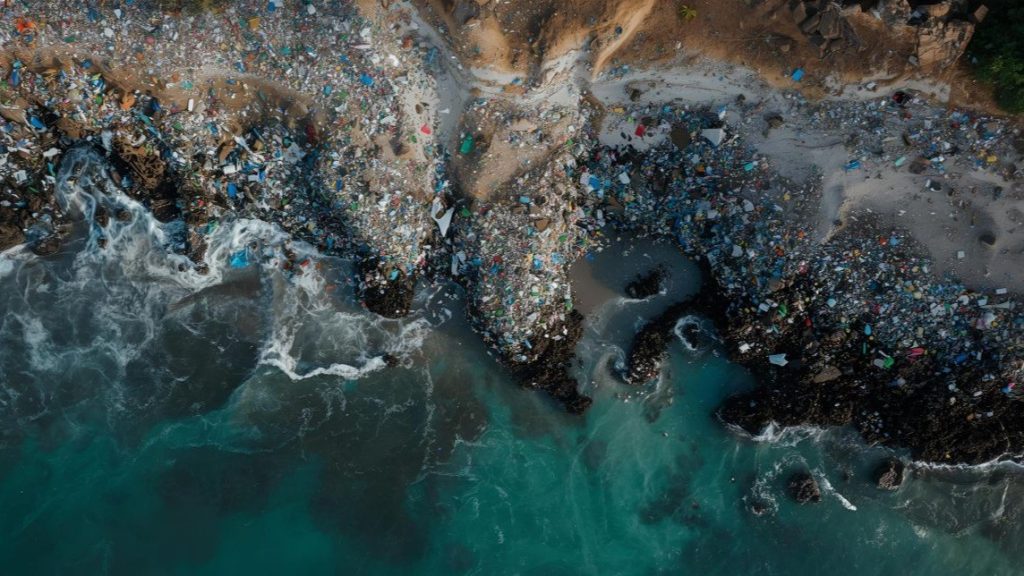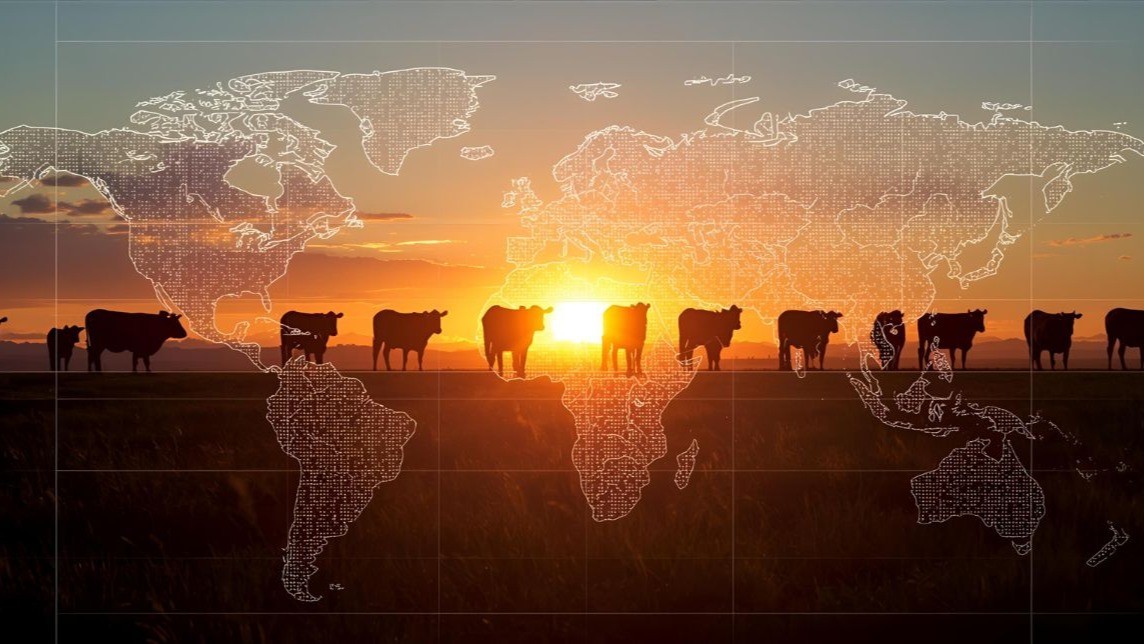After ten days of negotiations in Geneva, hopes for the world’s first legally binding treaty to combat plastic pollution have once again stalled. Despite late-night sessions and overtime debates, delegates were unable to bridge divisions, leaving the process adjourned without a clear timeline for resumption.
The mood in the closing session reflected exhaustion and frustration. Ecuador’s Luis Vayas Valdivieso, who chaired the talks, pledged to reconvene at a later date. French ecology minister Agnès Pannier-Runacher went further, saying she was “enraged” that no tangible results had been achieved. Colombia’s delegate accused “a small number of states” of blocking progress, underscoring just how polarized the talks had become.
At the heart of the deadlock were two critical disagreements. Many countries, including members of the EU and small island states, pushed for ambitious measures such as caps on virgin plastic production. Their argument is clear: reducing plastic pollution requires addressing the problem at its source. On the other hand, petrochemical-producing nations and the United States opposed production limits, favoring an approach centered on recycling and waste management instead. Financing to support developing countries in managing plastic waste and chemicals of concern also remained unresolved.
The breakdown in Geneva echoed the outcome of the previous negotiation round in South Korea, which had similarly ended without consensus. With more than 1,000 delegates present, the hope was to move closer to a unified framework, yet the structure itself came under criticism. South Africa’s delegate openly stated that “the current process will not work,” highlighting doubts about whether consensus-based negotiations can deliver a meaningful treaty.
Despite the setbacks, many leaders and advocates have signaled their determination to continue. Denmark’s environment minister Magnus Heunicke, speaking on behalf of the EU, called the outcome “tragic and deeply disappointing” but reaffirmed the commitment to push forward, describing plastic pollution as “one of the biggest pollution problems we have on earth.” Inger Andersen, Executive Director of UNEP, also reminded delegates that “people want a deal,” reinforcing the urgency to sustain momentum.
Civil society groups struck a similar note. While frustrated by the lack of progress, they welcomed the rejection of a watered-down compromise. As one environmental advocate summarized, “No treaty is better than a bad treaty.”
The path forward remains uncertain. Two draft texts—one more ambitious than the other — were presented but left unresolved. For now, states have agreed only to reconvene at a later date. The Geneva outcome illustrates both the urgency of the plastic crisis and the deep political and economic divisions that continue to complicate global cooperation.
The question now is whether the next round of talks can overcome these divisions — or whether the world risks fragmenting into piecemeal efforts that fall short of the scale of the problem.



